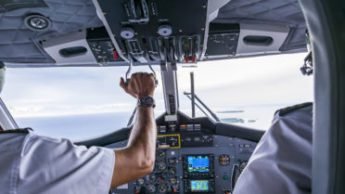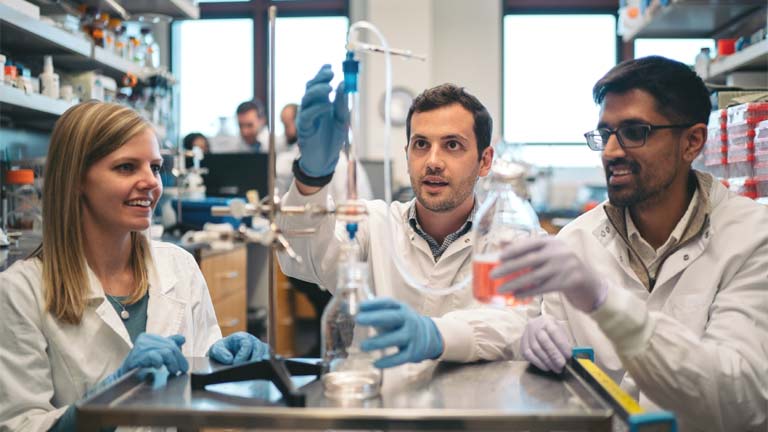Almost everyone as a child wanted to fly high in the sky. But as you grow old, you have to deal with realistic ambitions. What we forget though, becoming a pilot is just as realistic as choosing any other profession. All you need is a training course like the Indigo cadet pilot program to make your dreams come true.
But first, you need to understand whether you actually like flying or not. If you are one of those people who are afraid of height and still interested in becoming a pilot, you might not be an ideal candidate for this profession.
Aviation
Aviation simply means flying or operating a plane. But aviation is more than just a mere dictionary definition. Aviation includes every area related to airplanes, air traffic, and air control. Proper groundwork is required to make it possible for pilots to fly planes.
Pilot
A pilot is a person who is responsible for flying an airplane while keeping the security and safety in check before the flight takes off. Every pilot has a copilot whenever they are operating an aircraft, who will assist the pilot in taking care of pre-flight checkups, take-off, and landing the aircraft.
Various Roles in the Aviation Industry
Air Traffic Controller
Air traffic controller manager the traffic on both planes, in the air and on the ground. Managing the schedules of the flights and they instruct pilot when it is okay to take off and when it’s they are ok to land on the runways. They will also be taking care of the communication with aircraft pilots in the case of emergencies.
Aircraft Mechanic
People who will take care of an aircraft are known as aircraft mechanics. From regularly checking the plane including electrical and mechanical functions of the plane, they make sure the plane is in perfect condition to fly.
Aeronautical Engineer
Engineers who design the aircraft are known as aeronautical engineers. From design and development to manufacturing, these engineers are responsible for every producing every new aircraft.
Airport manager
Airport managers are responsible for taking care of the airport. From regular maintenance to safety and scheduling multiple airlines, Airport managers take care of day to day aviation operations.
Pilots and Co-Pilots
As mentioned above, a pilot and copilot will take care of operating an aircraft, from taking off to landing to preflight checkups, everything is their responsibility. Though it might sound like it’s easy, it requires the highest skills.
Qualifications Required for Becoming A Pilot
Apart from basic minimum qualifications like 50% marks in physics, chemistry, and maths in your 12th class, there are other factors involved as well.
There are three types of Pilot:
- Student pilot: can be applied at the age of 16, but you need to be fluent in English.
- Private Pilot: can be applied after the age of 17, fluent in English, and must complete ground and flight training.
- Commercial Pilot: can be applied after the age of 18, should be fluent in English.
Graduation
Though it’s not mandatory, a lot of airlines prefer candidates who have a graduate degree in science or aviation.
Medical exam
It’s necessary to pass the class 2 medical exam to become a pilot after your training.
Computer number
For theory exams, you need a computer number.
See Also: How-to-boost-your-wifi-while-working-from-home
Flying Hours
Once your theory papers are cleared, you need to have at least 200 hours of flying under your belt. You can find various aviation schools that offer programs like Air Asia Cadet Pilot Program in India to get you properly trained and ready to become a pilot. sprunki horror Endless Fun Awaits!


